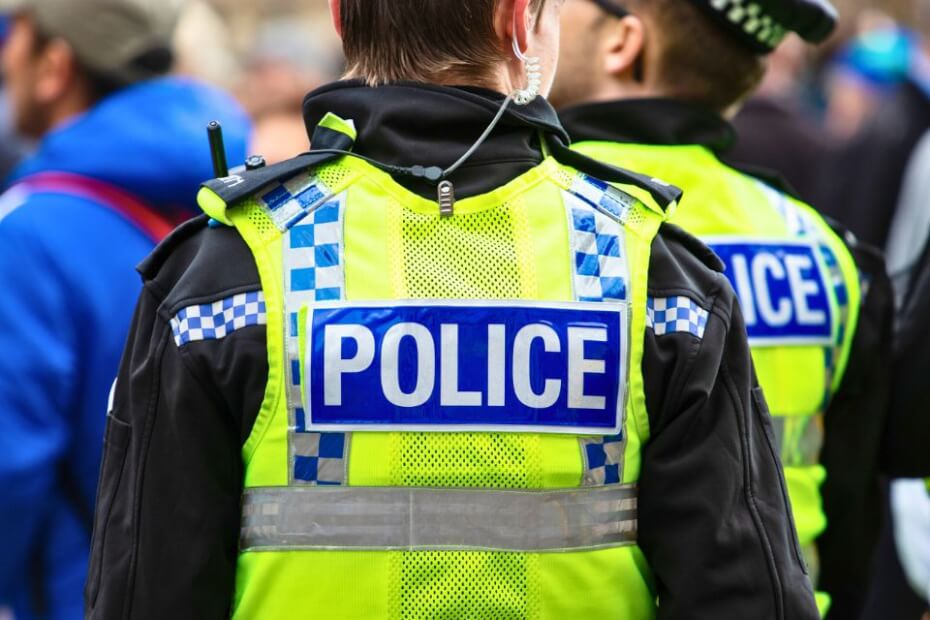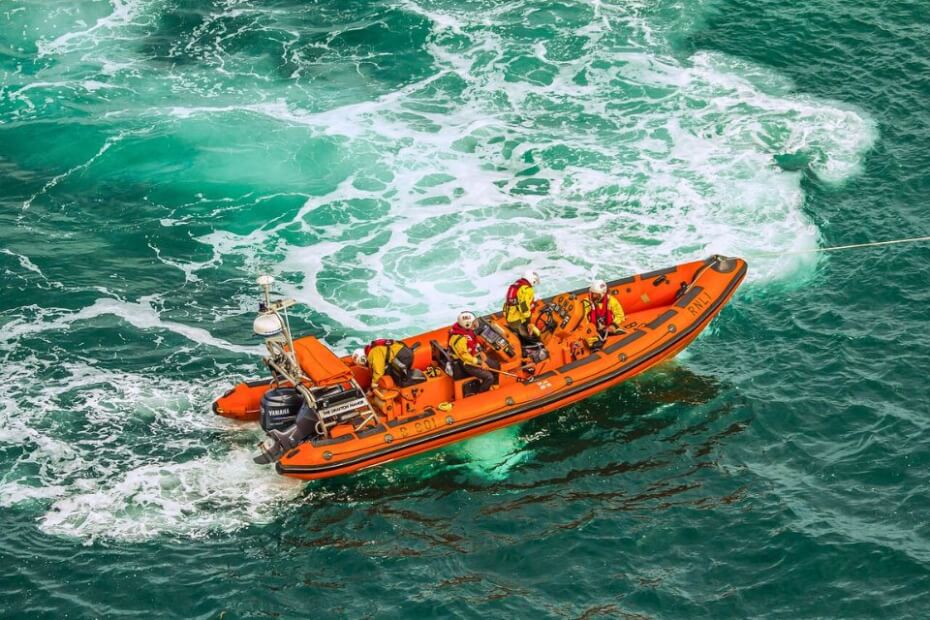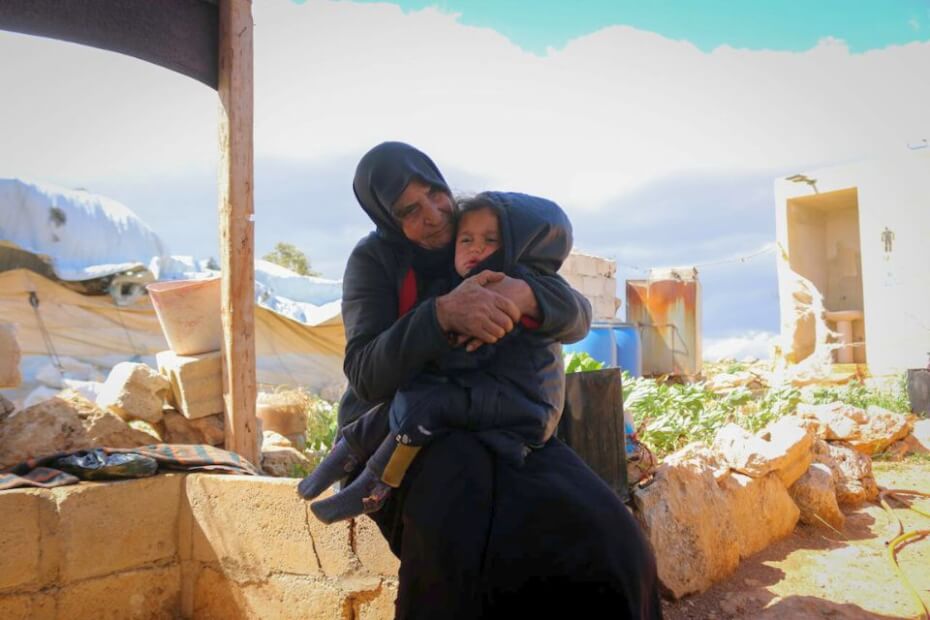
The United Kingdom (UK) Government has announced strict new crime laws to combat people-smuggling gangs.
These new crime laws aim to dismantle organized illegal networks and improve border security.
They target suspected smugglers, imposing severe restrictions to disrupt their operations and reduce illegal immigration.
UK Home Secretary Yvette Cooper underlined the importance of bringing down people-smuggling gangs.
“Dangerous criminal people-smugglers are profiting from undermining our border security and putting lives at risk,” she said in a news release.
Cooper stressed, “They cannot be allowed to get away with it.”
She added, “We will give law enforcement stronger powers to pursue and stop these vile gang networks.”
New powers and crime laws
A key feature of the crackdown on people-smuggling gangs is the introduction of interim Serious Crime Prevention Orders (SCPOs).
These orders allow law enforcement to impose immediate restrictions on individuals suspected of serious criminal activity, even before a court decision is made.
This early intervention is designed to cut off smuggling operations at their roots by limiting suspects’ ability to organize or finance illegal activities.
Under these new crime laws, suspected people-smugglers may face:
- Travel Restrictions: Bans on domestic and international travel to stop involvement in smuggling activities.
- Communication Controls: Restrictions on mobile phone use, laptops, and social media access to prevent coordination of illegal operations.
- Financial Monitoring: Oversight of bank accounts and other financial tools to block the flow of funds that support criminal networks.
- Association Prohibitions: Rules preventing interaction with specific individuals linked to smuggling rings.
Breaching these restrictions could result in severe penalties, including up to five years in prison.
Addressing dangerous small boat crossings

The strict new measures come in response to a sharp rise in dangerous small boat crossings across the English Channel.
According to the Home Office’s official data, more than 36,800 people attempted the journey in 2024.
This increased number represents a 25 percent rise compared to the previous year.
In the last days of December 2024 alone, 1,776 people crossed the Channel in 38 small boats.
This year is the most dangerous yet, with 77 migrants reported dead while crossing the Channel, compared to 12 in 2022.
This holds despite the efforts of the Home Office and National Crime Agency (NCA) to prevent crossings, seize dinghies, and arrest people smugglers.
Small boat crossings have placed immense pressure on the UK Government to address the crisis.
People-smuggling gangs are a significant factor in the increase, exploiting individuals by offering dangerous illegal routes for a high price.
These criminal gangs have facilitated more than 150,000 small boat arrivals in the UK since 2018.
The new measures will form part of the Border Security, Asylum, and Immigration Bill.
This new bill aims to focus enforcement on the smuggling networks while addressing broader issues surrounding illegal immigration.
Strengthening international collaboration
The British Government is also deepening its international cooperation to combat people smuggling globally.
Agreements with Germany are helping to harmonize laws and make facilitating illegal migration a criminal offense.
The UK also plays an active role in the G7 Anti-Smuggling Action Plan, promoting collaboration in investigations, intelligence sharing, and enforcement across borders.
Closer to home, the UK is working with France and Belgium to enhance patrols and surveillance along the English Channel.
Joint operations and resource-sharing agreements are critical in preventing smuggling attempts before migrants set sail.
Officials stress that international collaboration is vital in dismantling the far-reaching operations of smuggling gangs.
The Home Secretary noted that international collaboration has led to significant arrests and actions against dangerous gangs in the past few months.
Balancing security with civil liberties

The new measures and crime laws targeting suspected people-smugglers have also sparked concerns about civil liberties.
Critics argue that imposing restrictions without a full trial could infringe on individual rights.
Former Conservative cabinet minister Sir David Davis claimed that the new powers and crime laws sound “unnecessarily draconian.”
“If this is simply on the basis of suspicion and not on hard evidence, then it’s a massive increase in the powers of not just the police but all state agencies,” he told The Times.
The government has sought to address these concerns by including safeguards in the new laws.
Interim SCPOs will require judicial approval and be subject to regular reviews to ensure fairness and prevent overreach.
Some experts have also raised questions about the long-term effectiveness of targeting suspects.
Smuggling networks are often highly organized, with key operations based outside the UK, making enforcement challenging.
Refugee Council’s chief executive, Enver Solomon, said stricter enforcement alone would not make a difference.
“Without also addressing the reasons why people are willing to put their lives at risk in the first place is likely to lead to more dangerous journeys and more human tragedies,” he told The Guardian.
Solomon insisted that the government should instead set a strategy for safe and legal routes to the UK.
A comprehensive approach to immigration
The government’s new laws are part of a broader strategy to tackle illegal migration.
In addition to dismantling smuggling networks, the government is expanding legal and safe pathways for migrants seeking asylum.
More efforts include increasing cooperation with neighboring countries to manage migration flows.
It also includes providing increased support to nations affected by large-scale displacement.
By combining enforcement with humanitarian efforts, the government aims to address the root causes of illegal migration while controlling its borders.
The UK’s overhaul of serious crime laws reflects a determined effort to tackle the dangerous and exploitative practice of people-smuggling.
The government hopes to reduce illegal crossings and save lives by targeting these people-smuggling networks.
However, ensuring a fair balance between strict enforcement and the protection of civil liberties will be key to the success of these measures.

